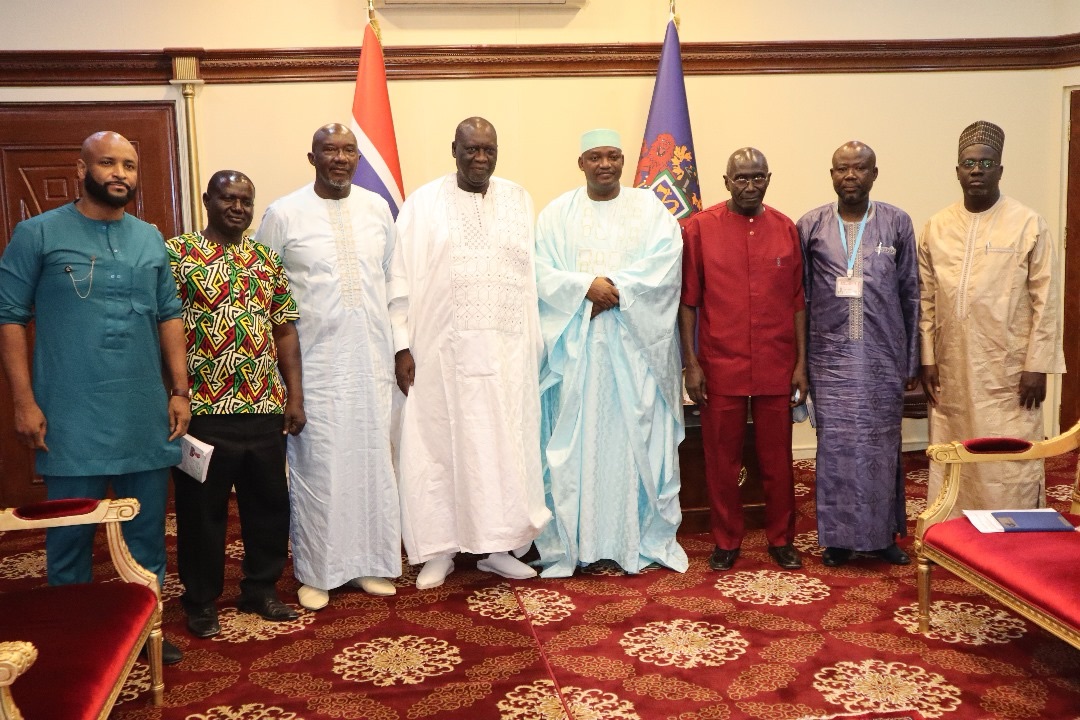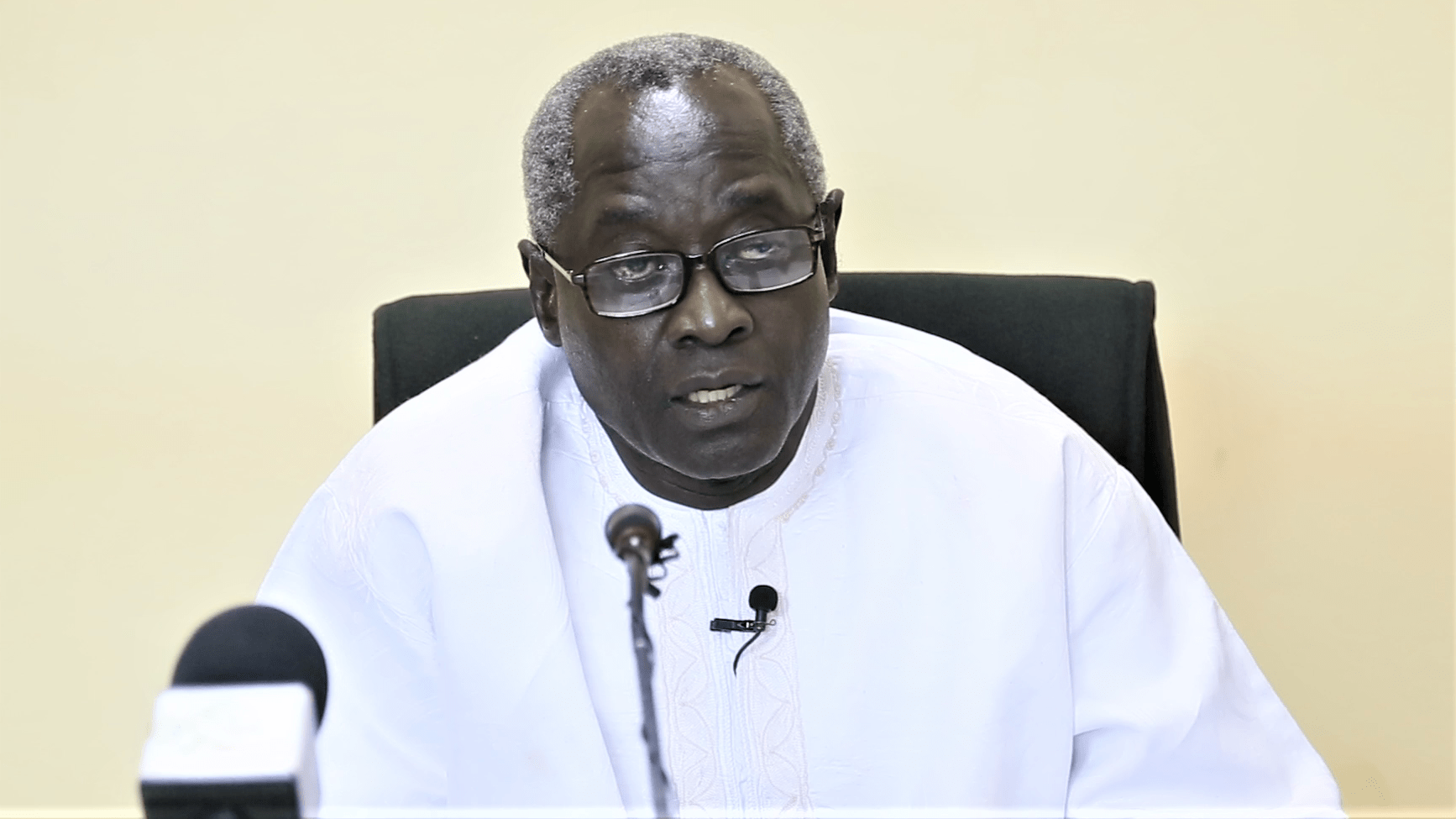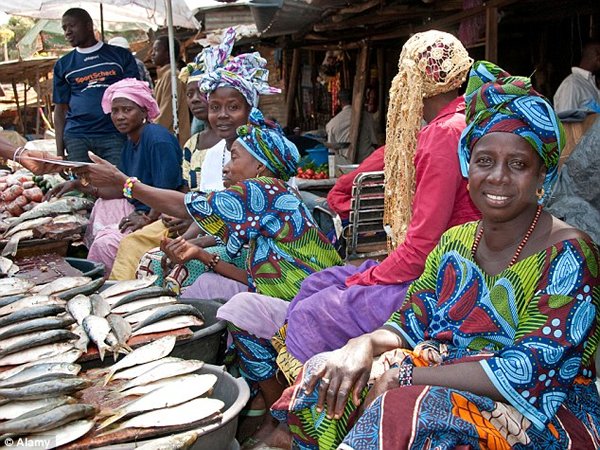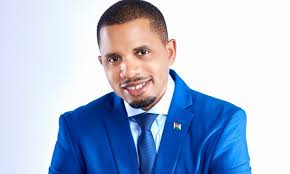As part of its outreach programme to meet key stakeholders, the Newspaper Publishers Association (NePA) on Friday held a meeting with President Adama Barrow at State House.
The meeting came months after the umbrella body of newspapers requested to meet the president to formally introduce NePA and highlight to him issues affecting the operations of the industry such as government policy, media laws, taxation, importation of printing materials, and advertisements among others.
The delegation, comprising representatives from The Point, Foroyaa, The Standard and The Voice was led by NePApresident Pap Saine who thanked the president and government for the political and personal goodwill in ensuring tolerance for the media since assuming office in 2017. He said this is evidenced by the good ranking the country currently enjoys in the freedom of press index worldwide. Mr Saine reminded the president that the media is a partner to government and not its enemy and it is important that the two interface to foster greater cooperation.
He dwelled on some of the bottlenecks faced by the media in terms accessing information from public officials as well as the need for government to consider granting subventions to the media as it is the case in other democratic nations.
Sam Sarr of Foroyaa reminded the president that though there has been tremendous improvement in freedom of the media, access to information and the existence of anti-media laws in the constitution remain concerns. He said the media wants to rely on the law rather than on the good will of the president or government.
Lamin Cham of The Standard expressed appreciation to the president for the meeting and spoke of the need for government officials including the president to be more available for media interviews and for the government to be proactive in providing real time clarifications when matters of public interest arose.
He noted that government needs to put in place a robust strategy to provide timely reactions to issues and take the lead in controlling communications of government programmes.
President Barrow expressed his delight at receiving the delegation and spoke of the importance of the interface between the media and the government and assured that he will remain tolerant and accessible and has no intention of using draconian law against the media at any time. He said his government has made numerous progressive legislative changes and will continue to do so in order to ensure that good practice is embed in the country’s laws and this include media laws.
The president said the media should take its role in projecting positivity for the overall development and interest of the country. He said tremendous infrastructural developments are happening everywhere and there is little excuse that these not be highlighted in media reports.
Both sides noted that the meeting was a great opportunity to foster understanding and remove misconceptions.
Others at the meeting included Musa Sheriff publisher and editor of The Voice and Pa Salla Jeng general manager of The Standard and Baba Hydara co-publisher of The Point. The chief of staff at the Office of the President, Mod Ceesay, and the director of press public relations at the president’s office, Amie Bojang-Sisshoho also attended the meeting.





